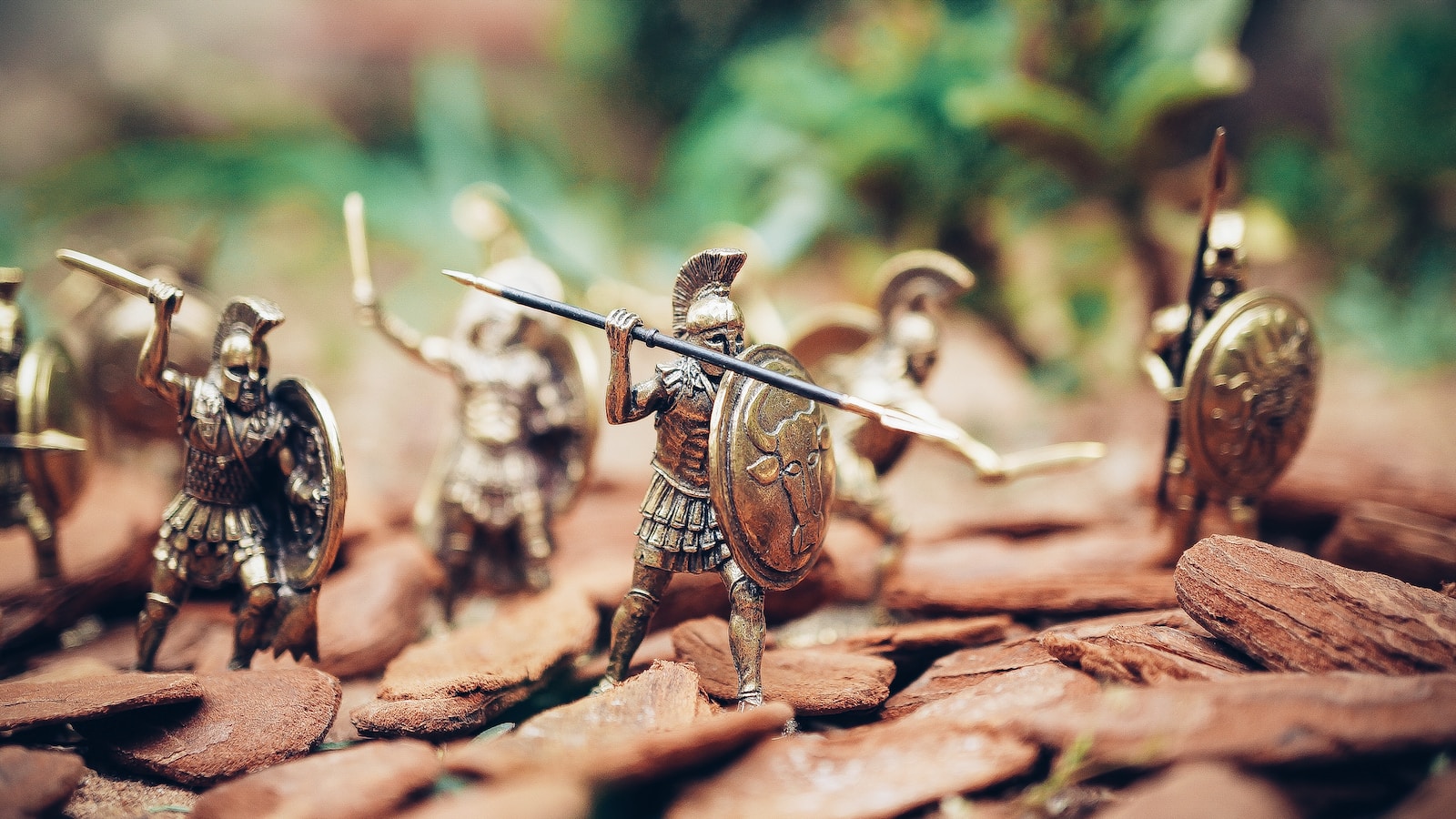
The epic global battle over marijuana
It’s summer blockbuster time and Marvel usually wins the epic battle on the big screen, but another battle is heating up in the real world. The global effort to reclassify marijuana has recently received plaudits. With US Presidents, global leaders, villains, billions of dollars, history, millions of victims, and hundreds of millions of consumers, this could have a massive impact. The showdown between West and East now has changing players and facts matter.
The first international drug war was the Opium Wars of the 19th century, when Western countries led by the United Kingdom forced China to open its borders and supply opium to the rest of the world. China lost and tried to fight back during the 1900 Boxer Rebellion, but lost again. Japan, Russia, the United States and others were involved in the action and it made international news daily.
In a major upheaval in the cannabis war, a United Nations (UN) agency appears to be switching sides. The UN Office on Drugs and Crime (UNODC) is celebrating World Drug Day under the motto “People first: stop stigma and discrimination, strengthen prevention” and has published another edition of the World Drug Report. UNODC continues to fail to raise concerns about the continued use of the death penalty for drug-related offences, despite a sharp increase in executions over the past year.
Photo by nali_wike via Pixabay
In 1925, the League of Nations, the forerunner of the United Nations, first regulated cannabis worldwide through a plenipotentiary conference, and in 1936 passed a convention to combat trafficking in human beings. In the 1960s, marijuana was generally illegal in most parts of the world, but it was used. In 1972, the Dutch classified drugs into more and less dangerous categories, with cannabis in the lesser category. Accordingly, possession of 30 grams or less was punished as an administrative offence. Recreational cannabis has been available in their cafes since 1976, making Amsterdam an iconic marijuana tourist destination.
In 1996, California became the first US state to legalize medicinal cannabis, breaking federal laws. Canada followed in 2001.
RELATED: Science says medical marijuana improves quality of life
In 2001, Portugal decriminalized all drugs and retained the ban on production and sale, but turned personal possession and use from a criminal offense into a misdemeanor. Subsequently, several European and Latin American countries decriminalized cannabis, including Belgium (2003), Chile (2005), Brazil (2006) and the Czech Republic (2010). In 2013, Uruguay legalized recreational cannabis, becoming the first country in modern times to legalize cannabis.
More Western and South American countries have turned to the science of medical marijuana, and data shows that cannabis is less harmful than alcohol. China, Russia, East Africa and the Middle East took the opposite stance, increasing draconian penalties.
The failed war on drugs continues to reap a terrible harvest of ruined lives and economic devastation. Reports by Amnesty International and Harm Reduction International show that drug-related crime continues to disproportionately affect people who are excluded because of, among other things, their socio-economic status, ethnicity, intellectual or intellectual disability and nationality. The situation deteriorated sharply during 2022 as the recorded number of people executed for drug-related offenses increased by more than 100% in 2022 compared to the previous year. Executions for drug-related offenses accounted for more than a third of all executions recorded worldwide, Amnesty International reports. Executions for drug-related offenses have been confirmed in Iran, Saudi Arabia, Singapore and China – probably also in Vietnam, where state secrets prevail.
In addition, President Biden has been slow to move forward with decriminalization in the US and Canadian Prime Minister Trudeau, despite the UN, is allowing the international cannabis trade. The former cartel kingdom of Columbia is working to legalize marijuana and become the world’s “weed basket” with its outdoor cultivation. Pete Davidson, Rihanna, Elon Musk and other brave celebrities are joining international corporations like Constellation Brands, Altria, Alimentation Couche-Tard and Imperial Brands in supporting legalization both domestically and internationally.
RELATED: Things you should NOT do when you have marijuana — like buying a ferry
 Photo by Riccardo Livorni/EyeEm/Getty Images
Photo by Riccardo Livorni/EyeEm/Getty Images
Given that millions of people are being fined, some severely, and hundreds of millions are users, especially those who need it medicinally, this shouldn’t be difficult. The new position of the UN Office on Drugs and Crime begins to switch the discussion to justice, science and medical data. Medical marijuana has been a worldwide benefit since ancient times and, with government support, can go a long way in fighting opioids.

Post a comment: